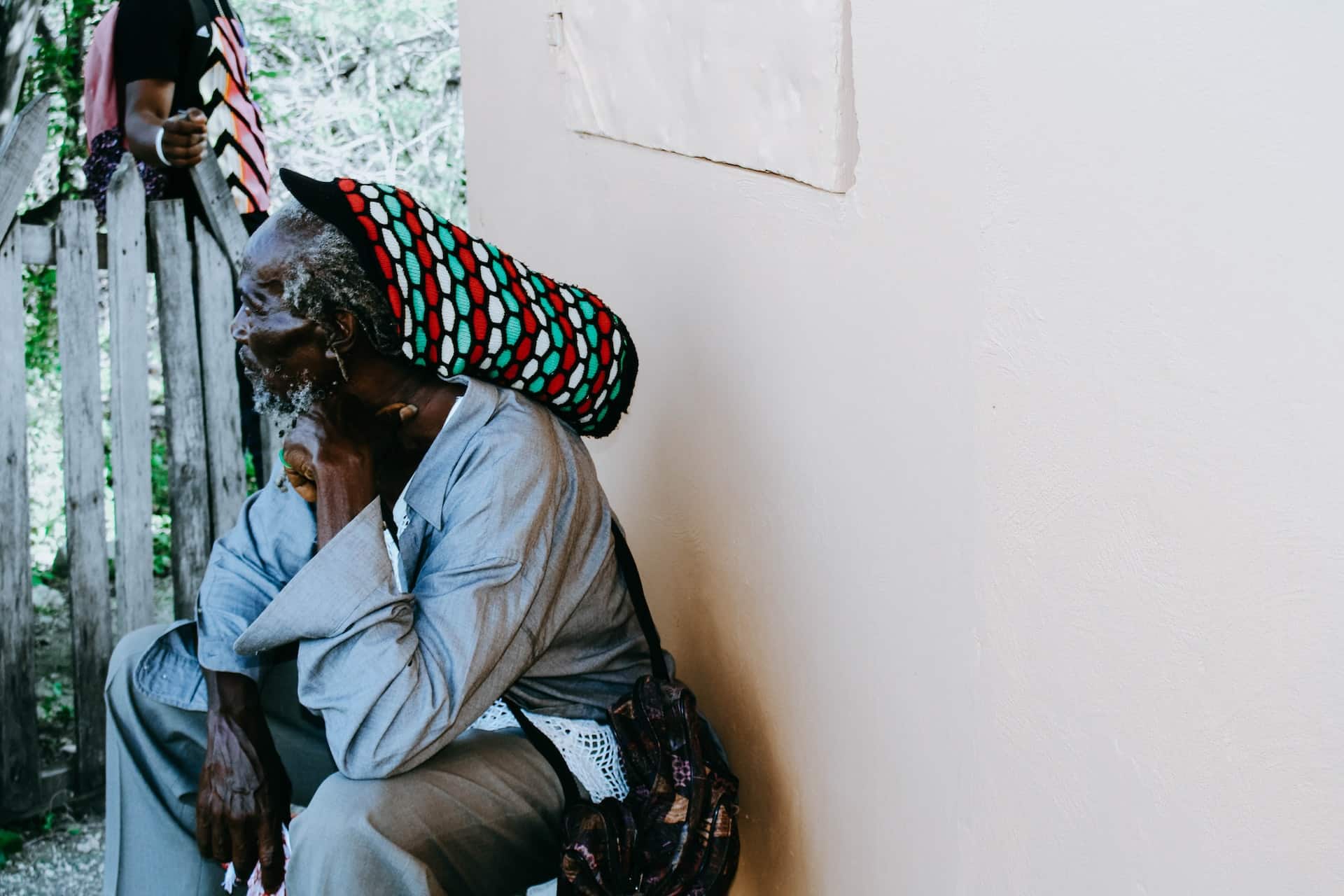
Growing up in Jamaica, Dr Jasneth Mullings was always aware of the role of place in our life circumstances. Whether rural or urban, affluent or impoverished, these factors shaped not just who we are but also our health and mental wellbeing.
Dr Mullings is a woman of many talents. She is a researcher, academic, epidemiologist, author, and social scientist. Drawing upon her experience across this broad range of expertise, she’s spent her life’s career interested in one particular area: why do people act how they do? And how do these actions – informed by our environment and culture – impact our mental health?
One particular term sparked her curiosity: the social determinants of health.
The phrase was coined in the early 2000s by the World Health Organisation (WHO). Capturing a disparate range of factors, the goal was to identify and quantify the living and working conditions that influence the risk or vulnerability to disease – rather than the individual risk factors, like genetics. All too often, these determinants were forged and moulded by public policies and prevailing political ideologies.
As the WHO explained:
“This unequal distribution of health-damaging experiences is not in any sense a ‘natural’ phenomenon but is the result of a toxic combination of poor social policies, unfair economic arrangements [where the already well-off and healthy become even richer and the poor who are already more likely to be ill become even poorer], and bad politics.”
Taking these concepts, Mullings turned to the local West African and Caribbean communities, investigating how rural versus urban environments resulted in different mental health outcomes. These ideas crystallised in her book, ‘Going Crazy in the City: Neighbourhood Context and Mental Health’.
More than merely chronicling the mental health effect of neighbourhood conditions in Jamaican communities, the work also translated academic and scientific ideas and jargon into practical, real-world lessons in urban mental health. How, Mullings asked, does the built environment alter our mental health? For the experience of place differs substantially between the Caribbean or Latin American contexts.
Answering these questions is critical if we are to meet the UN’s Sustainable Development Goals, such as no poverty, good health and wellbeing, and perhaps most relevant here, SDG 11: “Make cities and human settlements inclusive, safe, resilient, and sustainable.”
For Mullings, “sustainable development and the intersection of the 17 goals is really a reflection of our human interdependence.”
And it is that word, interdependence, that lies at the core of Mullings’s work and philosophy. How can academics and researchers work with local stakeholders to translate ideas into action? How can communities be helped to help themselves? What is the importance of innovation and leadership in the daunting challenge of tackling the social determinants of health?
Conclusion
To tackle the social determinants of health, to improve mental health and achieve the sustainable and enriched society envisioned by the UN, Dr Mullings implores us to get out of our Ivory Towers. “Communities already have the solutions,” she explains. “They already have the resources … it is a challenge to ourselves [as academics] to rethink problems, to engage decision-makers, using bottom-up approaches.”
By working together, we can make a difference.
LISTEN TO THE FULL PODCAST:
